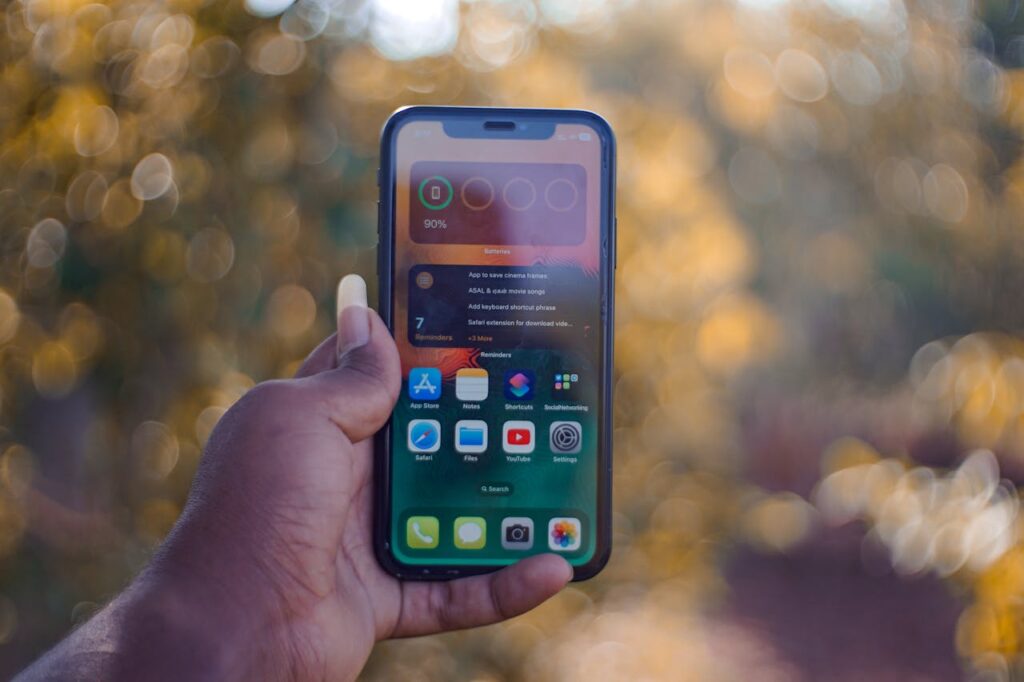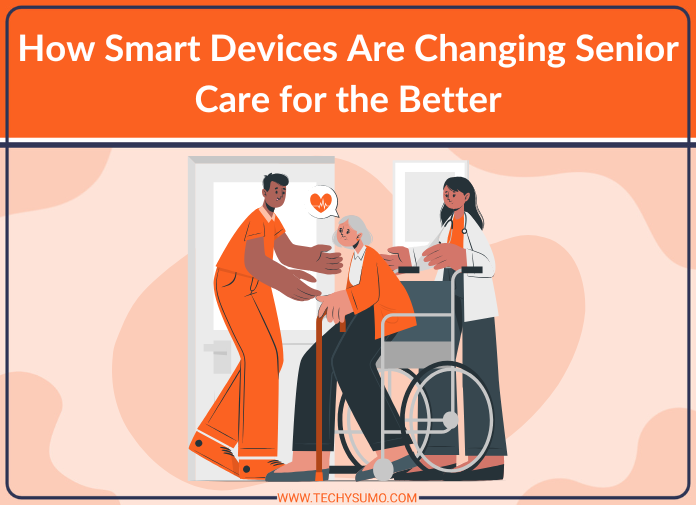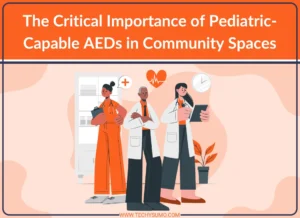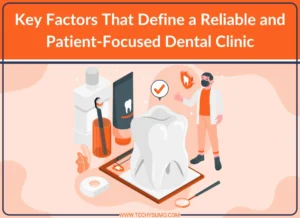The integration of smart technology into senior care is transforming the way older adults receive support, maintain their independence, and stay connected with those they love. From AI-powered health monitoring to voice-controlled assistants, smart devices are improving quality of life while providing peace of mind for families and caregivers.
As technology continues to adapt and evolve, the role of smart devices in elderly care is becoming more prominent. These key innovations not only enhance safety and convenience but also promote mental and physical well-being. Here’s a closer look at how smart devices are revolutionizing senior care for the better.
Table of Contents
- Enhancing Safety with Smart Sensors and Fall Detection
- Remote Health Monitoring for Better Medical Care
- Medication Management and Automated Reminders
- Voice Assistants for Daily Convenience and Social Interaction
- GPS and Location Tracking for Dementia Care
- Smart Care Communities and Tech-Enhanced Assisted Living
- The Last Word
Enhancing Safety with Smart Sensors and Fall Detection
Falls are one of the most common health risks for older adults, often leading to injuries and hospitalizations. Smart home sensors and wearable fall detection devices are designed to reduce this risk by detecting sudden movements or lack of motion.
Wearable Fall Detectors
Smartwatches and pendants with built-in accelerometers and gyroscopes can automatically detect a fall and send an alert to emergency contacts or medical professionals.
Motion Sensors
Placed throughout the home, motion sensors can detect unusual patterns of movement, such as a person staying in one spot for too long, potentially indicating a fall or medical emergency.
Also Read
Smart Cameras
AI-powered cameras (with privacy-focused settings) can alert caregivers to any concerning activity without constant monitoring.
These technologies help seniors maintain independence while ensuring immediate assistance is available when needed.
Remote Health Monitoring for Better Medical Care
Smart health devices allow seniors to track their vital signs and share real-time data with healthcare providers, reducing the need for frequent in-person visits. This is especially beneficial for those with chronic conditions such as heart disease, diabetes, or high blood pressure.
Smart Blood Pressure Monitors
These devices provide accurate readings and store historical data for trend analysis, helping doctors adjust treatments accordingly.
ECG-Enabled Wearables
Smartwatches equipped with electrocardiogram (ECG) sensors can detect irregular heart rhythms and alert users to potential cardiovascular issues.
Glucose Monitors
Continuous glucose monitoring (CGM) devices offer non-invasive tracking of blood sugar levels, helping diabetics manage their condition more effectively.
By enabling proactive healthcare, smart devices contribute to early detection and prevention of serious health issues, leading to better outcomes.
Medication Management and Automated Reminders

For seniors managing multiple prescriptions, remembering to take medication on time can be challenging. Smart medication dispensers and reminder apps help streamline this process.
Automated Pill Dispensers
These devices release the correct dosage at scheduled times and sound an alert to remind the user. Some models even notify caregivers if a dose is missed.
Medication Reminder Apps
Connected to smartphones or smartwatches, these apps provide notifications and track adherence to prescribed treatments.
Voice-Activated Medication Reminders
Integrated with voice assistants like Amazon Alexa or Google Assistant, seniors can receive spoken reminders and confirm when they’ve taken their medication.
These solutions help reduce medication errors and improve treatment adherence, ultimately enhancing overall health.
Voice Assistants for Daily Convenience and Social Interaction
Smart speakers and voice assistants are proving invaluable for older adults, offering hands-free control over various household tasks while also reducing feelings of isolation.
Simple Voice Commands
Seniors can control lights, adjust room temperature, play music, or get weather updates just by speaking.
Reminders and Alerts
Voice assistants can schedule appointments, set alarms, and provide reminders for medication or hydration.
Companionship and Engagement
AI-driven conversation features allow seniors to interact with voice assistants, reducing loneliness and encouraging mental engagement.
By making daily life easier and more interactive, these devices empower seniors to stay connected and independent.
GPS and Location Tracking for Dementia Care

For seniors living with Alzheimer’s or dementia, wandering can be a significant concern. GPS-enabled smart devices provide an extra layer of safety by allowing caregivers to monitor their loved one’s location in real time.
GPS Smartwatches
These devices track a senior’s location and allow caregivers to set geofenced areas, receiving alerts if the person moves outside a designated safe zone.
Personal GPS Trackers
Compact, wearable GPS devices can be attached to clothing or carried in a pocket, providing caregivers with real-time location updates.
Mobile Apps for Caregivers
Many apps integrate with smart devices to provide caregivers with instant alerts and location tracking.
These technologies provide reassurance for families while allowing seniors to move freely within safe limits.
Smart Care Communities and Tech-Enhanced Assisted Living
Care homes are increasingly integrating smart technology to provide a higher level of personalized care. Facilities like care homes in Hertfordshire are leveraging smart devices to enhance safety, communication, and engagement for residents.
AI-Powered Monitoring Systems
These track residents’ movement patterns and alert staff to potential health concerns.
Smart Call Systems
Residents can request assistance via voice command or wearable devices.
Interactive Digital Boards
These provide schedules, meal plans, and entertainment options to keep residents informed and engaged.
By incorporating cutting-edge technology, care homes can offer a more comfortable, secure, and enriching environment for older adults.
Smart devices are revolutionizing senior care, making daily life safer and more convenient for aging adults. If you’re exploring ways to enhance senior well-being, check out our blog, “The Key Benefits of Senior Living Communities for Aging Adults.“ It highlights how these communities provide essential support, social engagement, and healthcare services to ensure a fulfilling lifestyle for seniors.
The Last Word
Smart devices are not just about convenience—they are transforming the way older adults receive care, ensuring safety, enhancing health management, and promoting independence. From AI-powered monitoring to wearable health trackers, these innovations are helping seniors live longer, healthier, and more connected lives.






